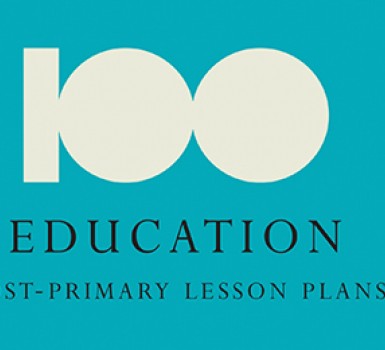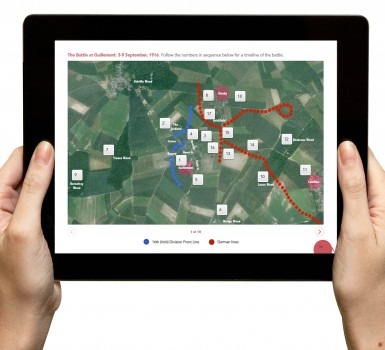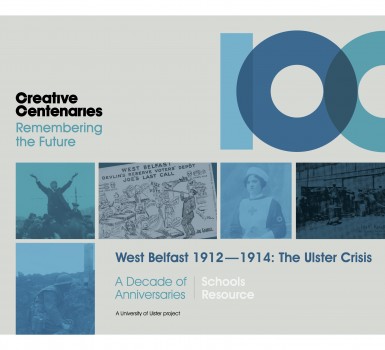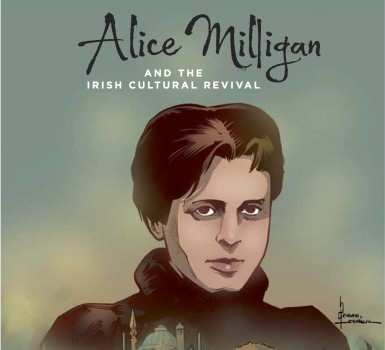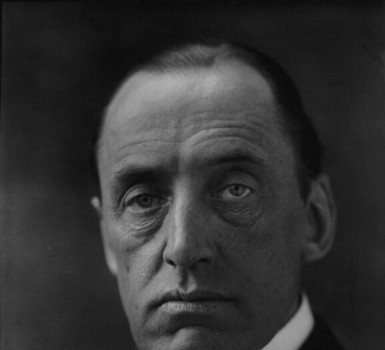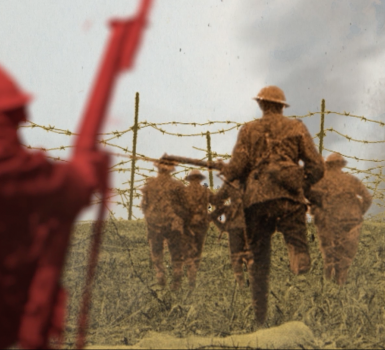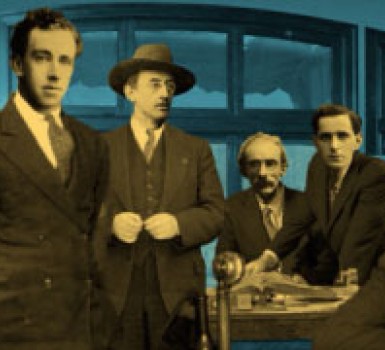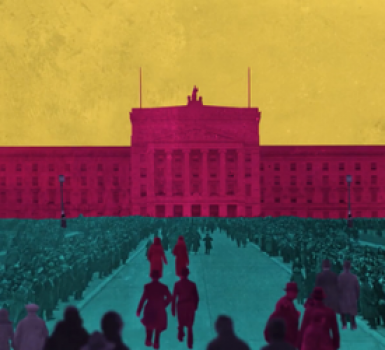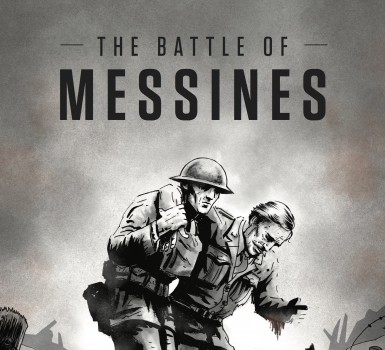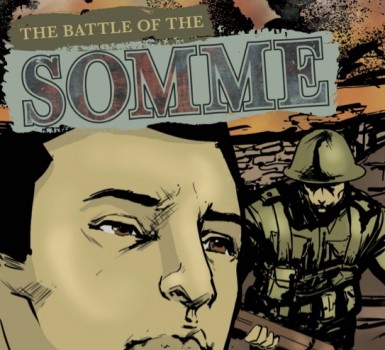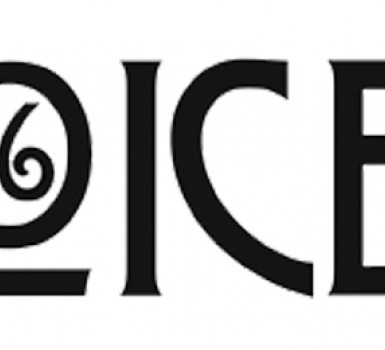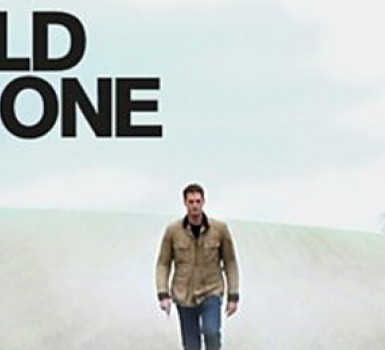Toolkit
This toolkit is developed as a resource for the community and cultural groups, museums and heritage, organisations, councils and departments, and other organisations who are considering commemorative projects or events in relation to what is popularly known as the ‘Decade of Centenaries.’
In this toolkit, however, we have chosen to use the term ‘Decade of Anniversaries’. The reason for this is a simple one: while there is currently a strong emphasis on centenary events, not everything being commemorated in our society today happened exactly 100 years ago, and those events did not take place in a time vacuum but were, instead, part of a larger story. In the approach that will be outlined here, there is an understanding within the Community Relations Council and the Heritage Lottery Fund that commemorations of events from the distant as well as recent past have drawn significant attention in this decade as well; and these are worth considering in the context of discussing how to commemorate in a way that unites rather than divides society.
This toolkit was put together in order for those working on projects to have guidance and support in acts of commemoration. The ‘how to plan your own’ section goes through questions and issues that need to be considered when putting together a programme or event and the ‘key findings’ detail lessons learned as seen in the case studies. It then provides a list of resources available that may help with developing an event or programme.
Acknowledgements
This resource was developed by the Northern Ireland Community Relations Council (CRC) and Heritage Lottery Fund (HLF). CRC aims to promote a pluralist society characterised by equity, respect for diversity, and recognition of interdependence. HLF is the UK's largest funder of heritage projects. In Northern Ireland, HLF has awarded over £184m to over 1,000 projects. The views expressed do not necessarily reflect those of the Council or HLF.
Thanks to all the community groups, statutory bodies, museums and heritage workers, and others who contributed to the development of this toolkit. Their cooperation in providing information and giving feedback related tot he resources they utilised and process of project development was invaluable.
Developed by Healing Through Remembering; compiled by Jayne Reaves and Helen McLaughlin. Repurposed into an interactive toolkit by the Nerve Centre.



